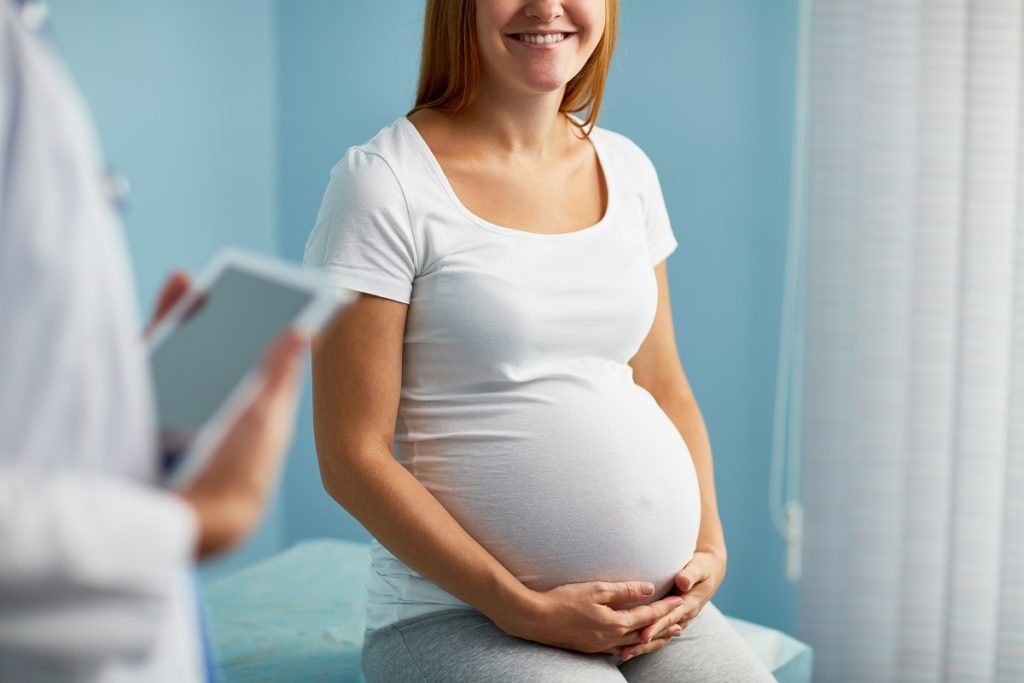Pregnancy is a delicate condition even in normal circumstances. Amid a pandemic, pregnant women become even more vulnerable. Understandably, this causes anxiety among women who find themselves pregnant in this uncertain period. Having information about statistics and resources will help provide a wider perspective.
Global Effects of the Pandemic on Pregnancy
A paper published in The Lancet did a review and analysis of various global studies done from January 1, 2020 to January 8, 2021 on pandemic effects on maternal, fetal, and neonatal outcomes. Results show an increase in maternal stress, ruptured ectopic pregnancies, maternal mortality, and stillbirth compared to the pre-pandemic period.
Overall, the number of preterm births remained the same but upon further analysis, data show that there was a decrease in preterm birth in high-income countries but an increase in low-income and middle-income countries. The same pattern emerged for stillbirths, most often due to preterm birth.
Global healthcare providers observed that despite increased maternal anxiety, there was a decrease in pregnant women’s attendance in pregnancy care appointments. The study attributes this to fears of Covid-19 infection in healthcare venues, government guidelines to stay home, lack of public transportation, and lack of childcare in lockdowns.
High-income countries were able to shift to remote pregnancy care through telephone or online video consultations. Pregnant women who have no regular telephone or Internet access, especially those in low-income and middle-income countries, cannot avail of these options, though.
Marginalized groups are at a distinct disadvantage as shown by data that among the pregnant women who perished in the first wave of the pandemic, 88 percent were from black and minority ethnic groups. Other factors cited by the study affecting pregnant women’s physical, emotional, and financial health include intimate-partner violence and disproportional likelihood to lose employment due to childcare duties as nurseries and schools closed.
Pregnancy at Five-year High in the UK
Despite the difficulties of the pandemic, The Guardian cites data from the National Health Service (NHS) showing that the number of prenatal appointments booked in the fourth quarter of 2020 topped all figures in the last five years. Records of the NHS on such appointments only began in 2015.
In September 2020 appointments rose by 6.8 percent to 58,035 compared to September 2019. It also represents the highest number for the month. From October to December 2020 appointments rose by 11.1 percent to 173,130 from 152,274 in the fourth quarter of 2019. It was likewise the highest figure for the same months in five years.

Advice for Pregnant Women in the UK
According to the Royal College of Obstetricians and Gynecologists (RCOG), although pregnant women with Covid-19 have a higher risk of severe illness compared to non-pregnant women, about two-thirds of pregnant women in the UK who get Covid-19 have no symptoms. Among those who have symptoms, most experience just mild colds or flu-like conditions. Only a few pregnant women in the UK get severely ill with Covid-19.
According to the NHS, COVID-19 does not cause miscarriage and does not affect fetal development. A mother with Covid-19 can pass the virus to her baby but in such cases, the babies recover.
Pregnant women in the third trimester or with more than 28 weeks of pregnancy are more vulnerable if infected because the infant might be born early. Pregnant women, in general, must practice physical distancing but more so at this stage. They must also follow guidelines in their locality about wearing masks.
Pregnant women must get the Covid-19 vaccine. The NHS recommends the Pfizer/BioNTech or Moderna vaccines because these have been extensively used in pregnancy in other countries with no safety issues.
As with pregnancies at other times, pregnant women must minimize the risk of blood clots by staying active and keeping themselves always fully hydrated. They must have regular exercise, eat a nutritious balanced diet, and take folic acid and vitamin D supplements.
It is essential to go to all prenatal appointments and pregnancy scans, both in the NHS or in a private ultrasound scanning clinic, to ensure both the mother’s and the baby’s well-being. In England, pregnant women can have one companion in all appointments and scans, as well as during childbirth, provided the companion is free from Covid-19. The companion must comply with guidelines regarding wearing a mask, physical distancing, and hand sanitation. Pregnant women in Scotland, Wales, and Northern Ireland must check with their respective authorities.
Pregnant women who have no adult companions can seek assistance from NHS Volunteer Responders by calling 0808 196 3646 from eight in the morning to eight in the evening, all days of the week. They can be the companion for appointments or going to the hospital, and they can pick up prescriptions or go shopping for essentials, as well.
Life Despite the Pandemic
The increase in pregnancies in the UK despite the pandemic shows how people choose life in the face of major challenges. The indomitable human spirit always strives to overcome difficulties. It is also heartening to know that public services are ready to provide support to expectant mothers.

